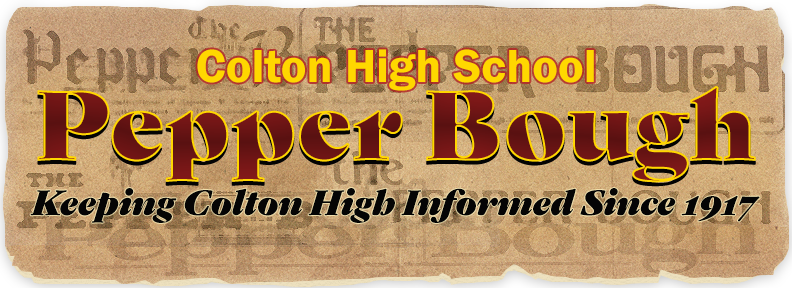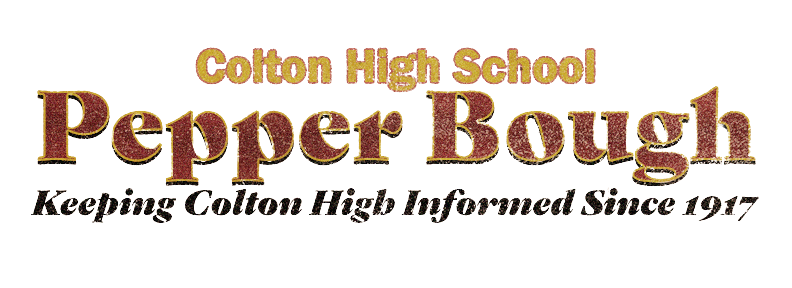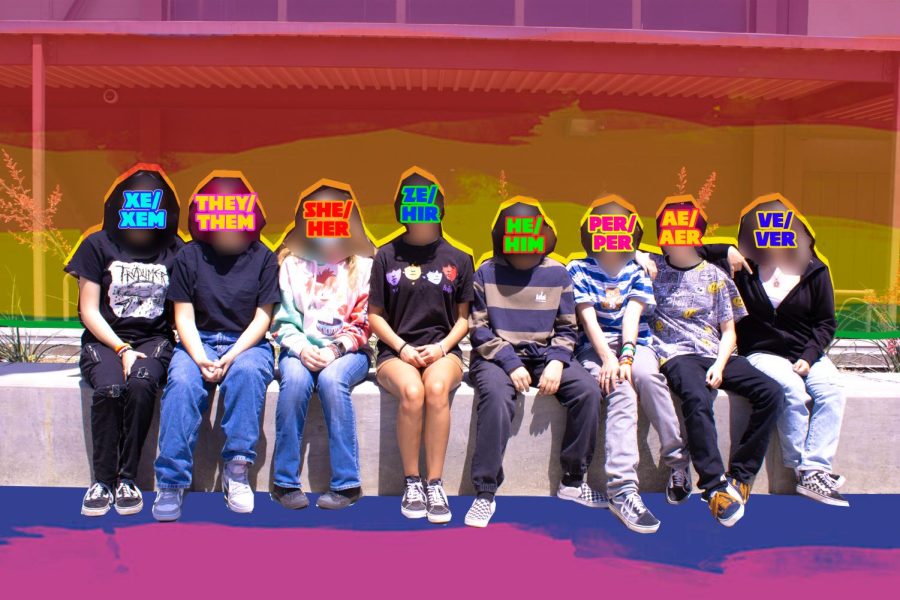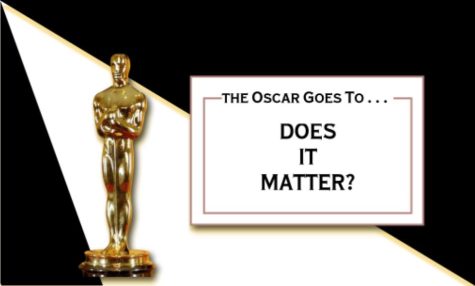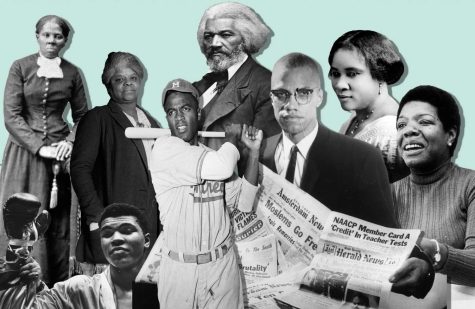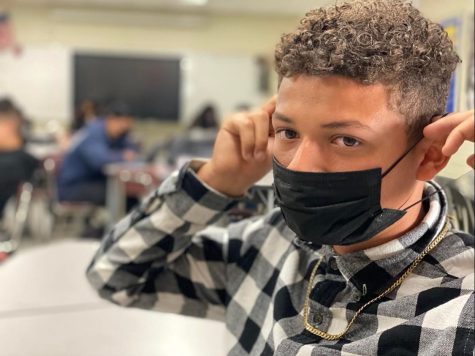Opinion: Respecting pronouns is about respecting the individual
Millions of Americans identify on the gender identity spectrum, so how do we change with the times and show respect for their identity?
Pronouns have become an essential part of sharing identity. Yet sometimes they can seem confusing. How can we learn and still respect others?
Famous transgender and non-binary celebrities often dominate the news cycle, whether it be Eliot Page, who was previously known as Ellen, star of the 2006 Oscar-winning comedy “Juno,” or musicians like soul singer Sam Smith (“Stay With Me”), who recently came out as non-binary. Their stories are very public versions of the stories told by millions of Americans who want nothing more than to gain acceptance for their identity.
As of June 22, 2021, 1.2 Million LGBTQ+ adults in the U.S. identified as non-binary. Although it’s not documented, people under the age of 18 identify as non-binary or transgender as well. And while it may be hard or confusing at first, accepting people for who they are and how they identify is essential for making and keeping relationships.
Gender is an spectrum and falls into 2 categories, gender identity and gender expression. Gender identity involves the way an individual sees themselves in terms of gender; their gender expression, on the other hand, is how they present themselves to others.
There are lots of misconceptions about gender, many of which are fueled by fear. One of the biggest is the idea that pronouns and gender are the same thing. They’re not; just because someone identifies as female, does not mean they have to use she/her pronouns when expressing themselves.
Throughout history, there have been more than two genders, and the idea of gender is not limited by culture. In indigenous cultures, there is the idea of the “Two-spirit,” in which someone identifies as having both a feminine and masculine spirit. This not only relates to gender, but also sexuality and/or spiritual identity. And according to linguist Dennis Baron, there were regional newspapers, like the Sacramento Bee, using pronouns like Xe, Ze, Phe, Er, Ou, and even Ne to describe people.
Pronouns are important in today’s society because more and more people are discovering themselves. Although pronouns may be confusing, and even unusual (“Xe?” “Phe?” “Ou?”), we should try our best to respect individuals’ choice of pronouns to define themselves.
For many, one of the toughest things to get around is the fear of making mistakes when using an individual’s pronouns. As more and more people assert their identities and proudly proclaim their pronouns, for some it may feel scary trying to keep up and avoid causing anger. Making mistakes is bound to happen, but most people understand as long as you apologize and correct yourself, they won’t likely take offense unless this is a common occurrence.
A common question is; How do I ask someone what pronouns they use? But it’s easy, even if you feel awkward to ask. Some more subtle ways to ask are: “Do you mind reminding me of what pronouns you use?”; “What are your preferred pronouns?”; or, tell them yours and they might tell you theirs.
A few great ways to share your pronouns are via email signatures, introducing yourself to others using your P.G.P. (Preferred Gender Pronouns), or politely correcting people when they misuse them. Email signatures are important in the business world especially; normalizing P.G.P. will clear up a lot of confusion and create a more comfortable environment.
Ultimately, learning about pronouns is really about respect. Respecting a person’s dignity and sense of self. Only we can tell others who we are, and no matter how we feel about the use of pronouns, the only way to build relationships is to honor what we’re told.
Additional Resources
Gender Pronouns – LGBTQ+ Resource Center
MyPronouns.org
The Lowdown on Pronouns by Alena Masloff, the AHS Revolution
University of Toronto
Tracing the History of Gender-Neutral Pronouns by Jodi Heckel, Illinois New Bureau
Oxford University Press
MIT
Recently, the CHS Publications Department experienced a major theft as over $20,000 in photography equipment was stolen from our studio over Spring Break. This included all cameras. Any amount you donate will help rebuild our program. Thank you!

Briana McMullen is a junior at Colton High School. Some of her interests include skating (both rollerskating and skateboarding), reading and hanging out...


